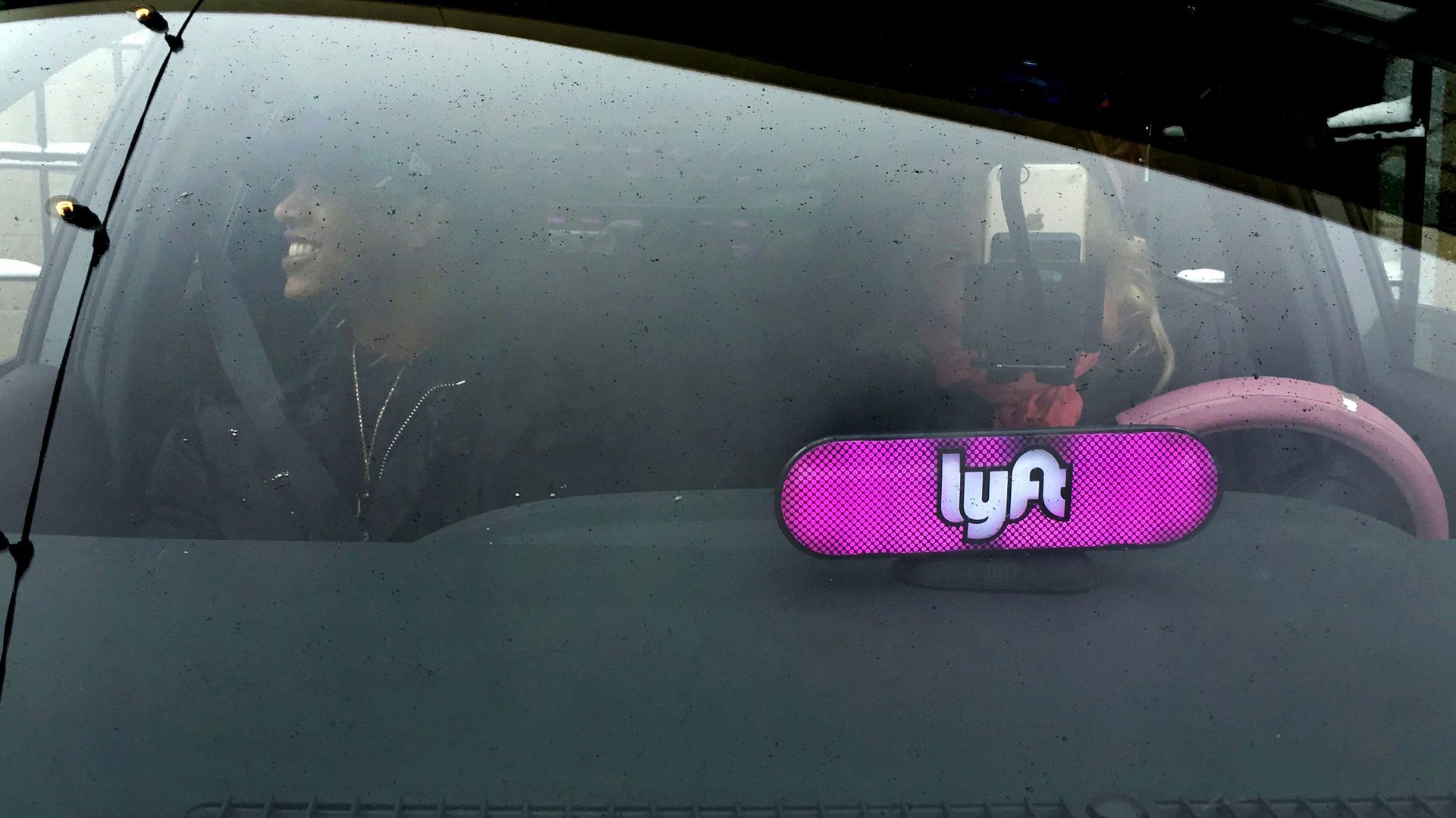Lyft says it nearly doubled its market share since 2016. Here’s how much that cost in marketing
Ride-hail company Lyft, which released its registration statement to become a public company today (March 1), says it now captures 39% of rides provided by drivers using Lyft or Uber in US. That estimate, from December 2018, is almost double the 22% market share that Lyft had at the end of 2016, according to the filing.


Ride-hail company Lyft, which released its registration statement to become a public company today (March 1), says it now captures 39% of rides provided by drivers using Lyft or Uber in US. That estimate, from December 2018, is almost double the 22% market share that Lyft had at the end of 2016, according to the filing.
The growth didn’t come cheap. Lyft has steadily increased spending on sales and marketing to attract new riders and drivers over the past two years. The company shelled out more than $800 million on sales and marketing in 2018, 85% more than in 2016, Lyft reported.
Sales and marketing expenses have become a smaller share of Lyft’s revenue as it grows, the company pointed out in its filing. In 2016, Lyft spent 26% more on sales and marketing than it generated in revenue. By 2018, sales and marketing had fallen to 37% of its revenue. On a quarterly basis, sales and marketing expenses fluctuated between 30-40% of Lyft’s revenue last year, based on the timing of its promotions.
To be sure, that doesn’t include the cost of some rider and driver promotions, such as discounts on shared rides or fare promotions that span specific markets. Lyft deducts those from its revenue. It recorded $540 million in rider, driver, and passenger incentive programs that were deducted from revenue in 2018, up from $238 million in 2016. Larger rival Uber, which is also expected to go public this year, has been reducing the costs of similar promotions quarterly. The cost of net promotions at Uber fell 10% year-over-year to $142 million during the second quarter of 2018, for instance, according to numbers Uber has reported to investors and Quartz has reviewed.
Lyft’s market-share data comes from Slice Technologies, a firm owned by Japanese conglomerate Rakuten, which holds 13% of Lyft’s class A shares. Take it with a grain of salt. Other recent market-share data from third-party measurement firm Second Measure, which measures market share by sales rather than rides, places Lyft’s share at closer to 30% in the US, when also including other ride-hail companies like Via and Juno.